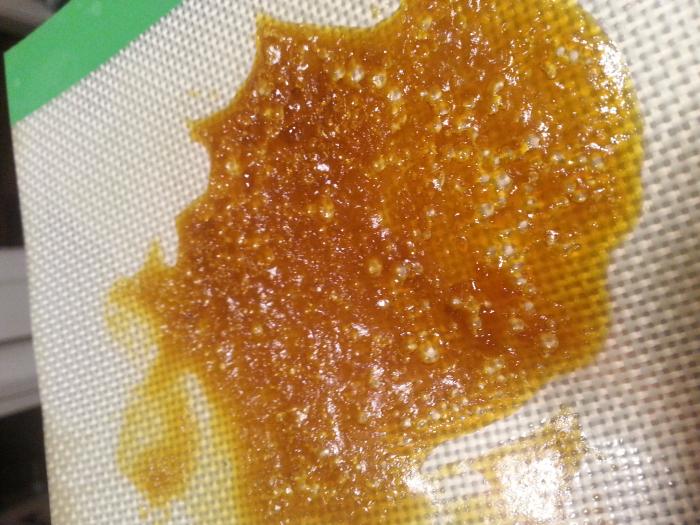@moorehops, would you expect total hop consumption to be the same for a given recipe?
Example
Example
Let's say I have a 15 gallon recipe that calls for 1 lb of hops. To keep things simple, 20% of the hops goes in at each of 5 additions, from FWH to flameout.
Would you recommend using this extract method on the original 1 lb of hops and then add 20% of the resulting extract at each of the 5 addition times, or would you alter the hop schedule some way (time/amount)?


















![Craft A Brew - Safale S-04 Dry Yeast - Fermentis - English Ale Dry Yeast - For English and American Ales and Hard Apple Ciders - Ingredients for Home Brewing - Beer Making Supplies - [1 Pack]](https://m.media-amazon.com/images/I/41fVGNh6JfL._SL500_.jpg)




























